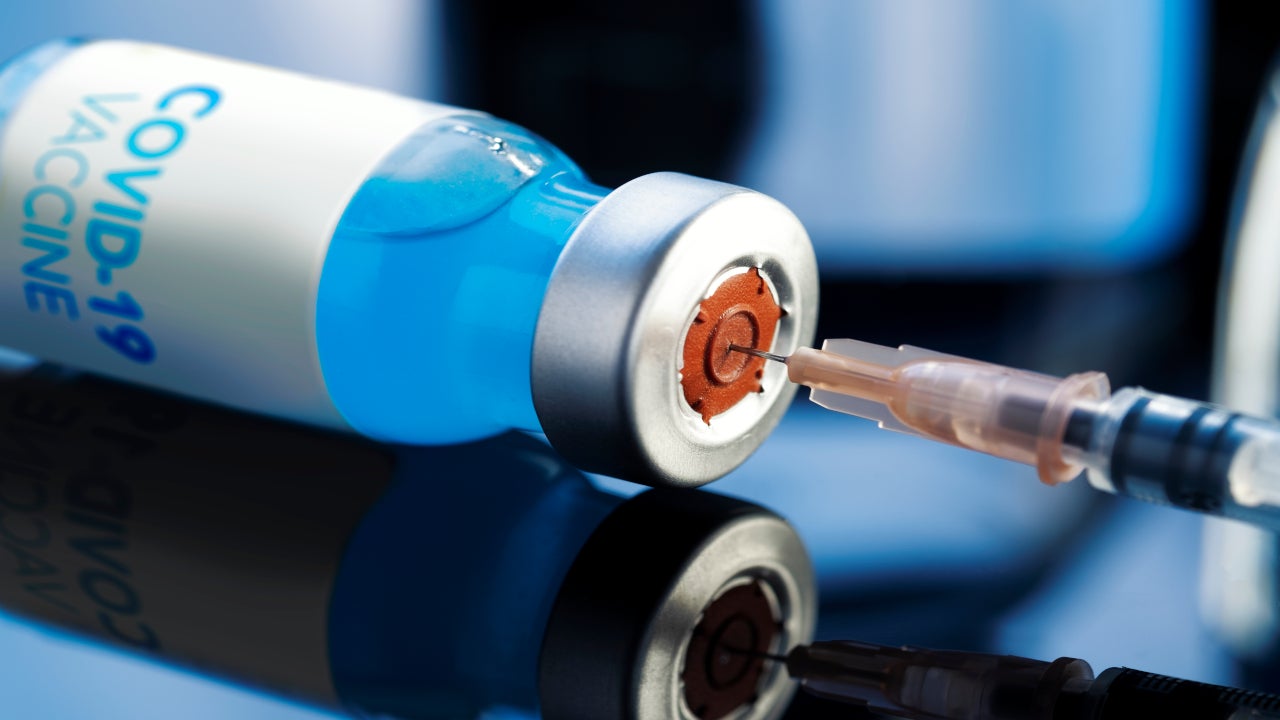An investigator-led Phase I Covid-19 vaccine trial featuring a synthetic modified vaccinia Ankara (sMVA) vector has so far recruited less than half of its 129-participant target, said trial investigator Dr Don Diamond, professor, Department of Haematology and Hematopoietic Cell Transplantation, City of Hope, Duarte, California. The trial was initiated in November 2020 and should have completed recruitment by now, he added.
sMVA is a weakened poxvirus, with the vector carrying the SARS-CoV-2 spike and nucleocapsid proteins, as per the City of Hope website. Most of the Covid-19 vaccines having authorisation globally have either an mRNA vaccine technology or an adenovirus vector or feature inactivated SARS-CoV-2. In the first two approaches, they only carry the SARS-CoV-2 spike protein.
The recruitment delay is primarily due to the three Covid-19 vaccines with an FDA Emergency Use Authorisation (EUA) that are already available to the public, Diamond said. Despite the trial recruiting slower than expected, it is aimed to complete this month, he added. According to ClinicalTrials.gov, the 129-participant Phase I (NCT04639466) trial studying the vaccine COH04S1 recruited its first volunteer on 11 December. On the City of Hope website, in an article published 23 November 2020, the trial aimed to complete enrolment in approximately four months.
The dose-ranging Phase I has a safety primary endpoint with secondary endpoints investigating vaccine immunogenicity. ClinicalTrials.gov shows participants are divided into three arms: one receiving two doses of the vaccine 28 days apart and a second group receiving two doses of placebo. The third group receives COH04S1 as the first jab and placebo as the second. The trial is recruiting adults between ages 18 and 54.
The main rationale behind sMVA is that it is a validated approach on the heels of an FDA approval of smallpox and monkeypox vaccines with the same vector, Diamond explained. On September 2019, the FDA approved Bavarian Nordic’s Jynneos, a smallpox and monkeypox vaccine for people at high risk of such infections. sMVA also has safety data from oncology clinical trials, Diamond added.
Due to the relative speed of Covid-19 vaccine uptake in developed countries, larger-scale, later-phase investigations of COH04S1 may have to be staged in developing nations, Diamond said. Placebo-controlled, late-phase trials may no longer be feasible in countries like the US and the FDA may discourage such a trial design due to the availability of vaccines with an EUA, he added. COH04S1 is under investigation to have a freeze-dried form to avoid cold-chain requirements, as per the City of Hope website.

US Tariffs are shifting - will you react or anticipate?
Don’t let policy changes catch you off guard. Stay proactive with real-time data and expert analysis.
By GlobalDataAccording to the CDC, some 62.4 million people in the US have received one dose of a Covid-19 vaccine and 32.9 million people have received two injections as of 10 March. Pfizer/BioNTech’s mRNA vaccine Comirnaty (BNT162b2) was granted an EUA by the FDA on 11 December, with Moderna’s mRNA-1273 vaccine authorised 18 December. Johnson & Johnson’s single-dose, adenovirus-vectored JNJ-78436735 received its EUA on 27 February.
Reynald Castaneda is an Associate Editor for Clinical Trials Arena parent company GlobalData’s investigative journalism team. A version of this article originally appeared on the Insights module of GlobalData’s Pharmaceutical Intelligence Center. To access more articles like this, visit GlobalData.





